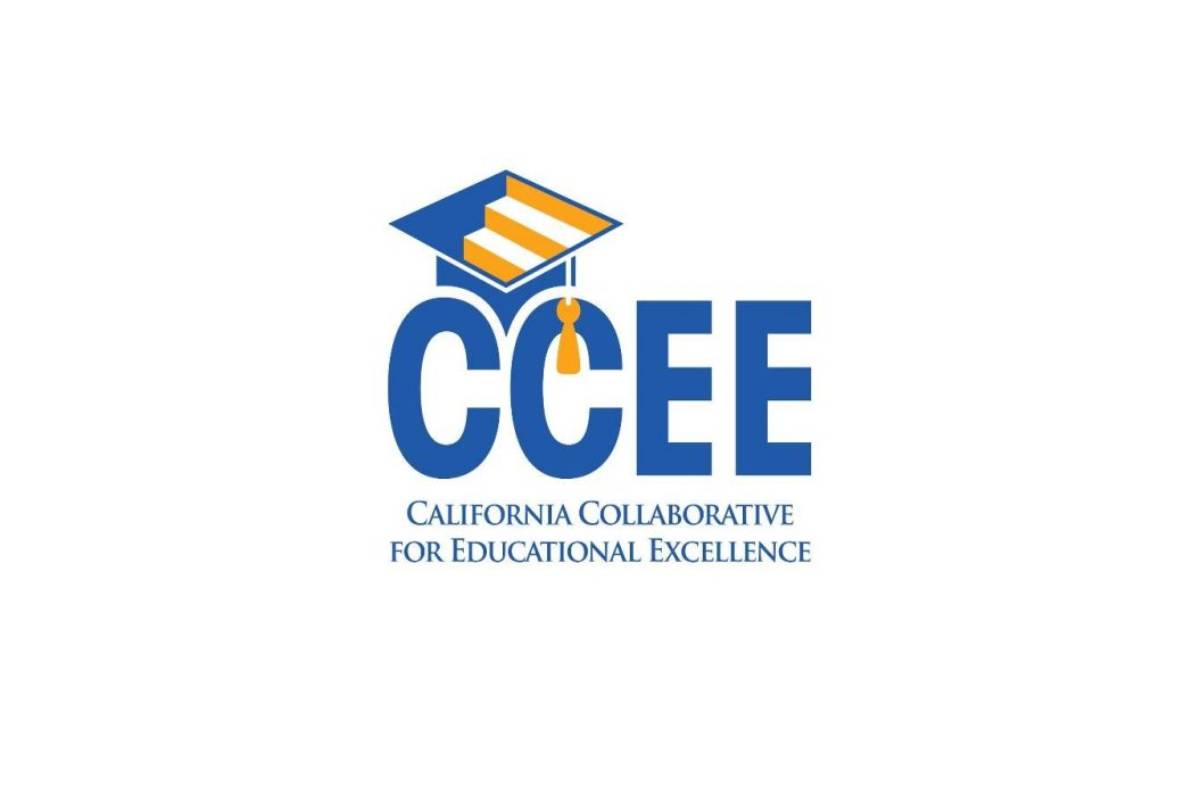Professional development opportunities were discussed throughout the California Collaborative for Educational Excellence’s governing board meeting on Feb. 2.
Staff updated the board on the Learning Acceleration System Grant, which is meant to promote rapid improvement in student knowledge and skills following the pandemic, and related professional learning opportunities and resources for educators.
There are three projects led by county offices of education that were funded by the grant. The California Collaborative for Learning Acceleration (CCLA) is led by Santa Clara COE and focuses on math, literacy, and language development; the California Literacy Elevation by Accelerating Learning (Project CLEAR) focuses on literacy and language development and is led by San Diego COE; and the Rural Math Collaborative is led by Lake COE.
CCLA is launching its online, asynchronous professional learning modules, covering multiple content areas, in January and February and has its inaugural Summit taking place March 11.
Project CLEAR has grant-funded graduate coursework for teachers and offers educators the chance to participate in professional learning in two categories — teacher leaders and teachers. Additionally, it has three free online events in February covering data gathering during focused learning groups, expanding vocabulary and writing and sketching in response to the reading grant-funded coursework above.
Beginning this fall, the Rural Math Collaborative will provide free online, asynchronous professional learning modules on Multi-Tiered System of Support and universal design for learning, as well as coaching, lesson study, and instructional strategies and concepts from the California Mathematics Framework.
The board also received a presentation on University of California, Berkeley’s, 21st Century School Leadership Academy (21CSLA), which provides professional learning and support to teachers and school site and district leaders to create more equitable learning environments.
Support and setting priorities
Executive Director Matthew Navo delivered his report to board members, highlighting that the agency exceeded recent goals around providing direct and indirect support to LEAs. Examples of direct support include offering personalized professional learning and direct technical assistance, strategic thought partnership and examples of indirect support are offering guidance, access to online content and a biweekly survey on reopening and instructional modes which concluded in June 2022.
As for setting priorities for 2023–24, Navo explained that CCEE’s process includes tracking the spring legislative season and to gain a good sense of what’s coming by the May budget revise. In June, July and August, staff engages with LEAs and partners and gathers input on what’s working, what isn’t and what support they need to reach Local Control and Accountability Plan goals. That information shapes the agency’s work and priorities. In August, staff will share what they’ve learned with the board to affirm their direction.
In other CCEE meeting news:
- Cynthia Glover Woods, vice president of the State Board of Education, and Paul Gothold, San Diego County superintendent of schools, were sworn in as the governing board’s newest members. They fill vacancies left by Sue Burr and LK Monroe, who retired from their positions in December. Glover Woods was named CCEE’s 2023 board chair while Tim Sbranti will continue as vice-chair.
- Board members were presented a draft version of the direct technical assistance referral process for LEAs that have been referred to the CCEE for assistance in accomplishing goals set forth in the LCAP. Currently, 604 LEAs are eligible for differentiated assistance. The presentation mapped out the potential process around the first two methods of referral which either result in receiving direct support led by CCEE in partnership with the COE and geographic lead or deferring the CCEE referral, creating a plan of support and having the COE or geographic lead take the lead role using their resources with CCEE as a partner.
A recording of the meeting will be available to view here. CCEE is scheduled to convene next on June 15.



